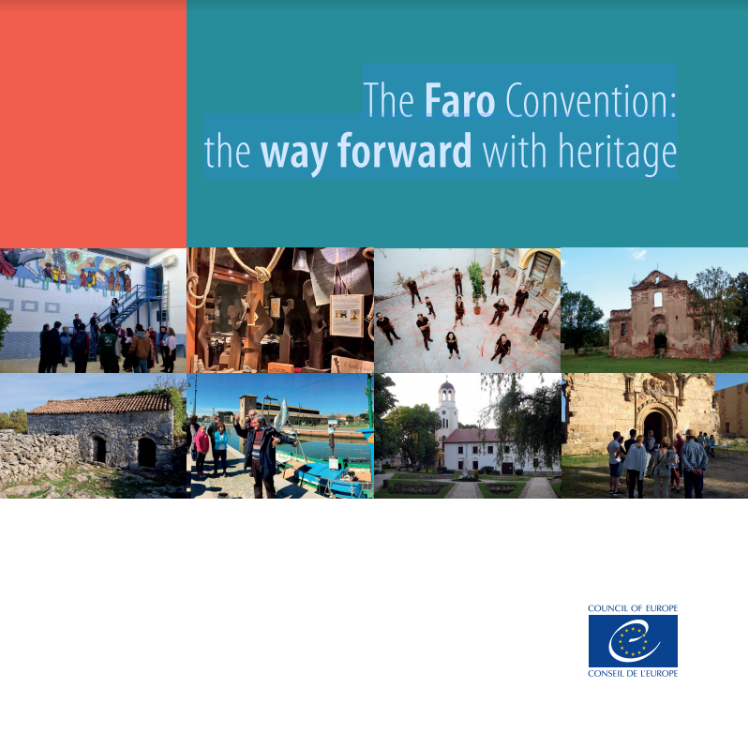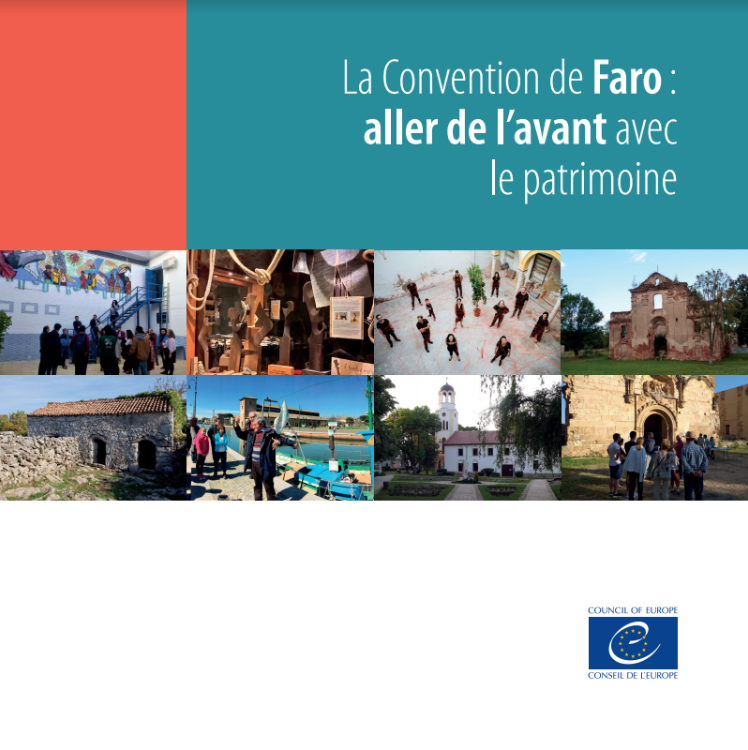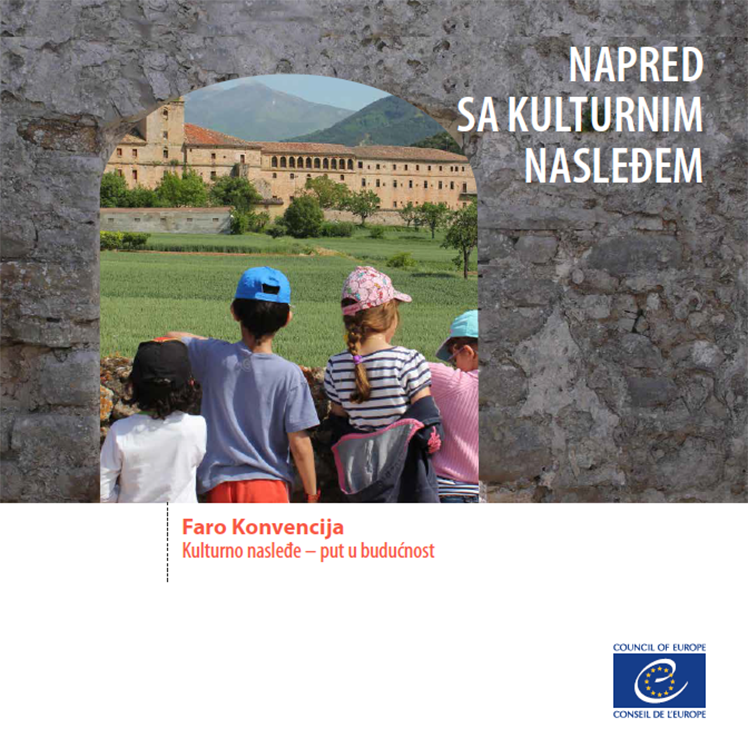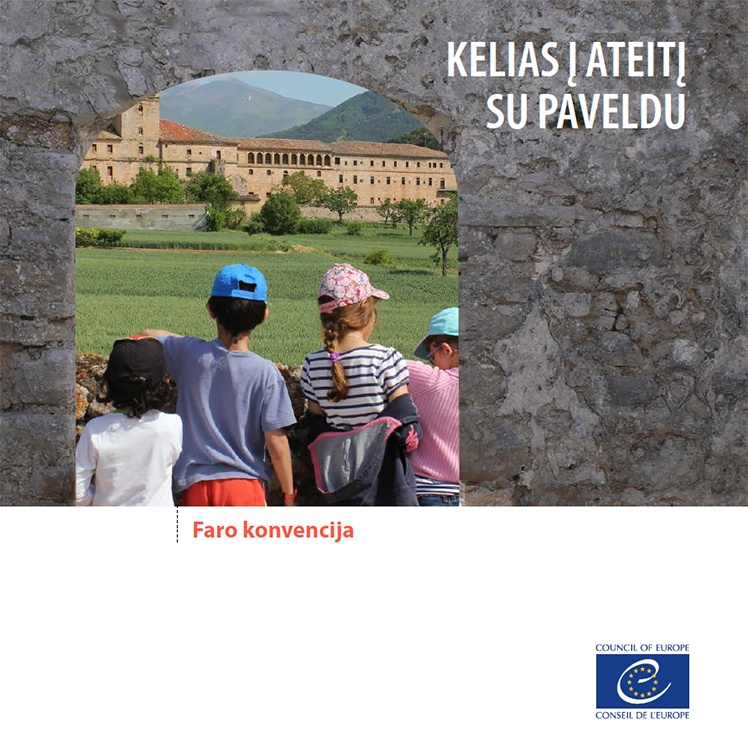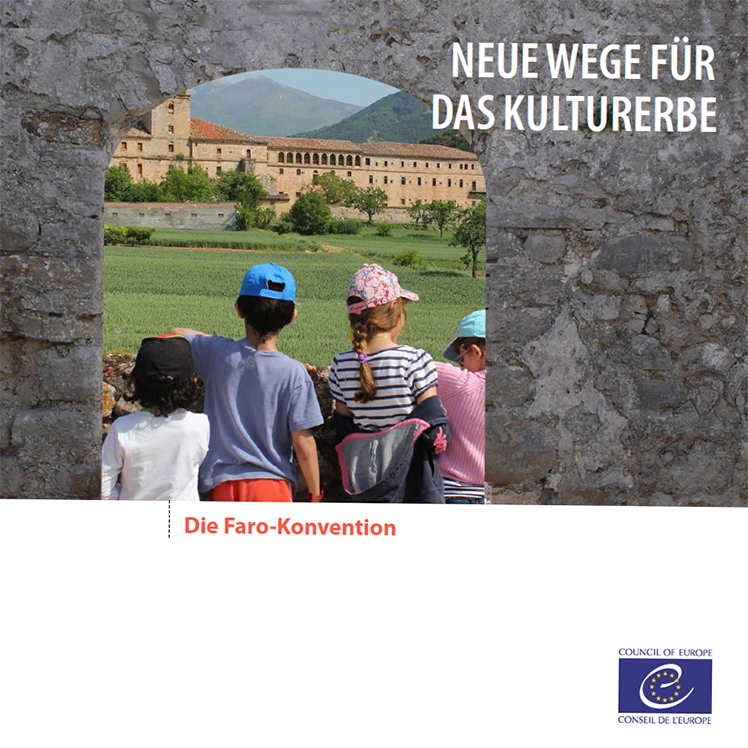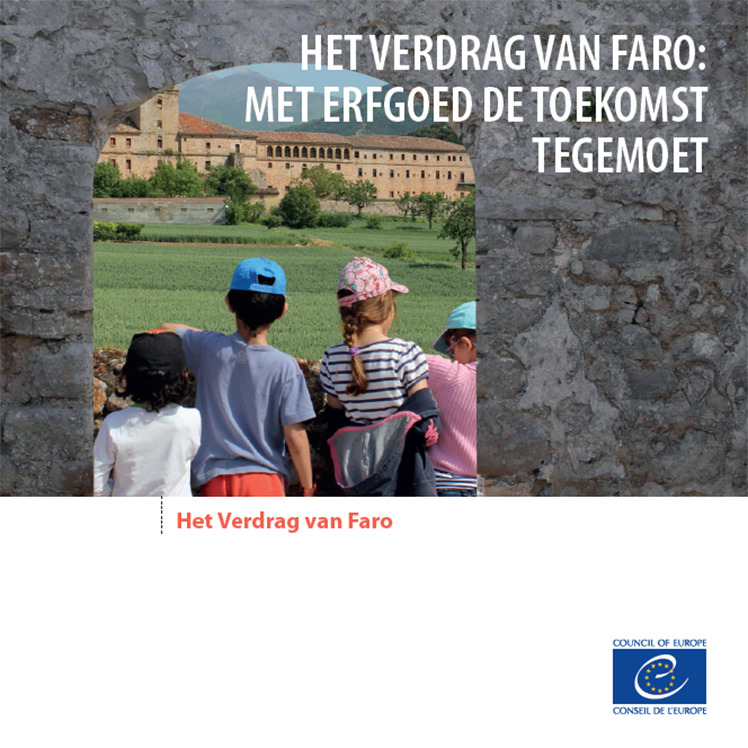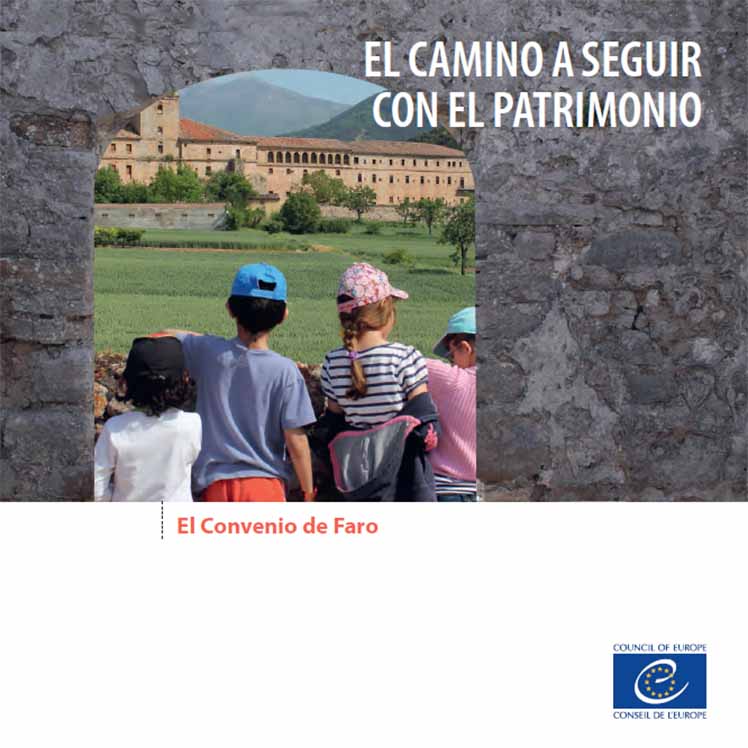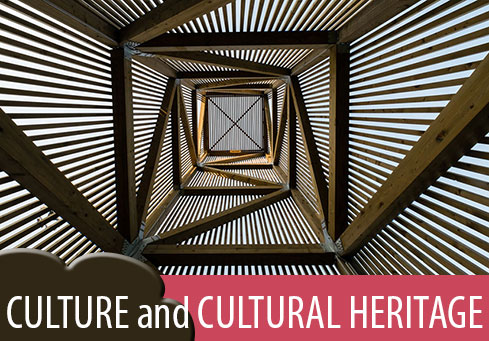Faro Convention Brochure: the way forward with heritage
Citizens’ involvement in cultural heritage is proving to be more relevant than ever. In view of the serious effects of the COVID-19 crisis on the heritage sector, all stakeholders, including local, regional and national authorities, heritage communities and civil society representatives, may be looking for new ways of contributing to the management of our common cultural heritage.
The Faro Convention opts for an enhanced definition of heritage, recognising that its management also requires bottom-up, people-driven action, empowering citizens and heritage communities to take an active part in (re)defining the values and meanings this heritage entails. In this context, the new brochure aims at fostering joint action in the cultural heritage sector by civil society and authorities at various levels, presenting examples of the Faro Convention principles being applied to concrete cases, inspiring exchanges and opinion sharing, as well as bringing the Faro Convention to the general public.
The Director General of Democracy, Snežana Samardžić-Marković, encourages its wide dissemination as a powerful tool for promoting the Convention’s principles among citizens, communities, heritage stakeholders and local, regional and national authorities. She also emphasises the Convention’s important contribution to ensuring more democratic societies, presenting cultural heritage as a driver of sustainable economic development and the promotion of cultural diversity and dialogue.
The brochure will be translated into different national languages to increase its accessibility to all interested parties, the following versions being already available:
La via da seguire per il patrimonio culturale
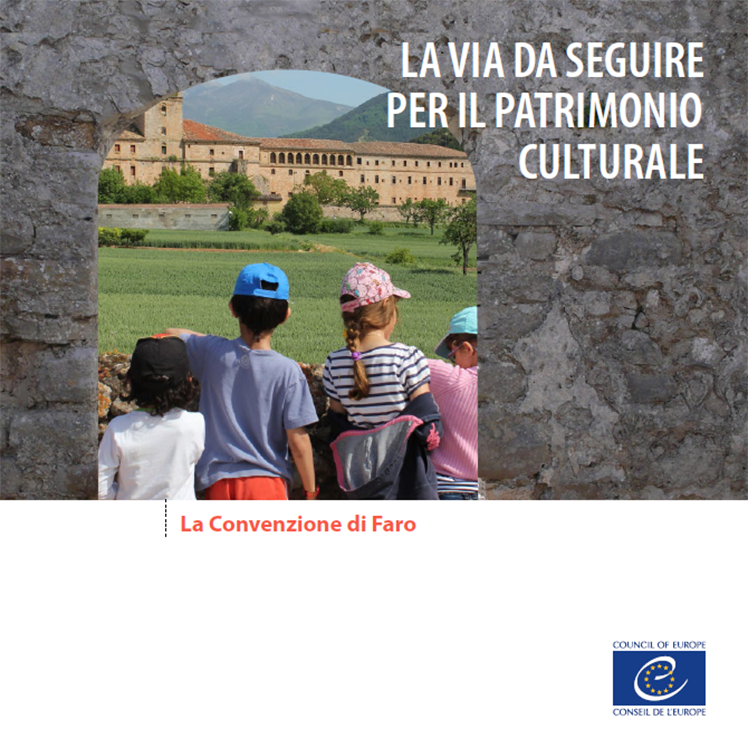
La Convenzione di Faro
La via da seguire per il patrimonio culturale
Património cultural, um caminho para o futuro
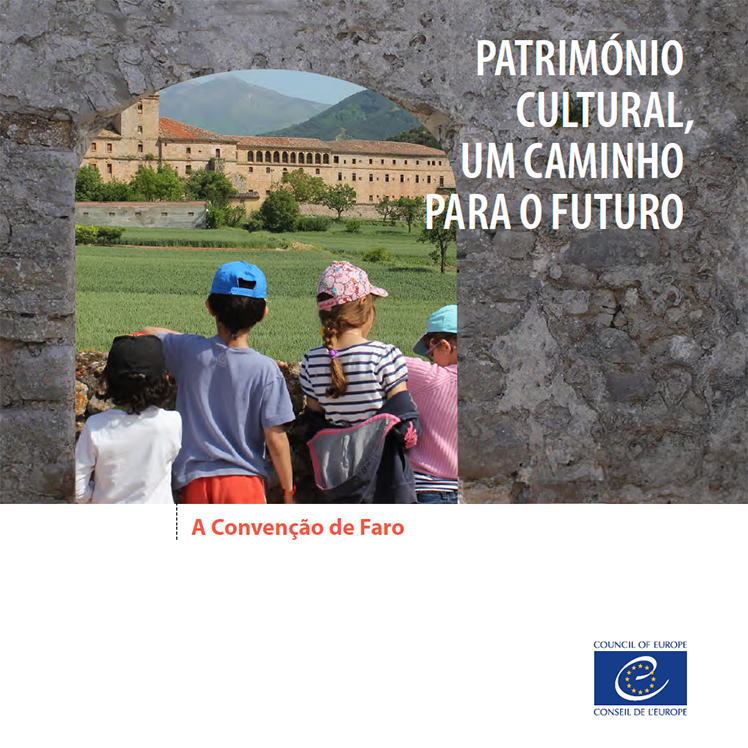
A Convencao de Faro
Património cultural, um caminho para o futuro
- The Faro Convention at work in Europe: selected examples
- The Faro Convention’s role in a changing society: building on a decade of advancement
- People, places, stories - Faro Convention inspired experiances
- Brochure - Action for a changing society
- Polish civil society and the aims of the Faro Convention
- Heritage and Beyond
- European Manifesto on Multiple Cultural Affiliation
- Dividing lines, connecting lines: Europe's cross border heritage



